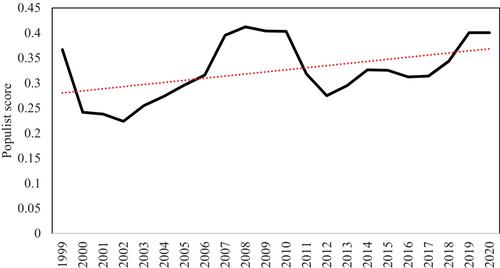Foreign direct investment in the context of rising populism: The role of institutions and firm-level internationalization
Abstract
Research Summary
We investigate how the presence of populist rulers affects foreign direct investment in democratic countries. Our analysis sheds light on the mechanisms by which this political force impacts firms' decisions, considering the effect of institutions and internationalization strategies at the firm level in the global arena. We test our theory using instrumental variables with a panel dataset of US multinationals in 37 democratic countries between 1999 and 2020. Our findings suggest that the presence of a populist ruler at the helm of government seems to undermine firms' foreign investment and it is potentially moderated by country-level institutions and firm-level internationalization. Collectively, our results offer new insights on how populism affects multinationals' investment decisions, contributing to the literature that examines the relationship between political pressure and investment decisions.
Managerial Summary
Investing in countries with populist rulers poses a challenge for multinationals. Populist leaders constantly threaten to abruptly change the institutions that provide certainty for foreign investments. This study argues that the presence of a populist negatively affects firms' foreign investment, moderated by institutions and internationalization strategies. The adverse impacts of populism on investment are mitigated in countries with robust institutional frameworks. In such cases, the credibility of populists' promises to alter the established “rules of the game” is lower than in countries with weaker institutions. Additionally, by expanding their degree of internationalization, firms are better equipped to navigate the lack of information generated by populist rulers. Our research provides implications for managers in assessing the risks and opportunities associated with investing in such contexts.



 求助内容:
求助内容: 应助结果提醒方式:
应助结果提醒方式:


